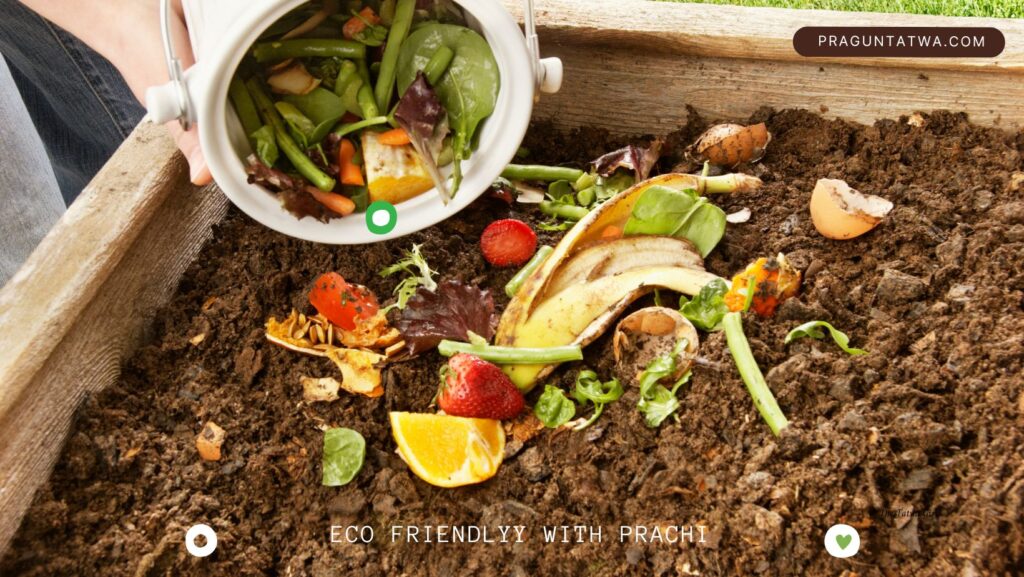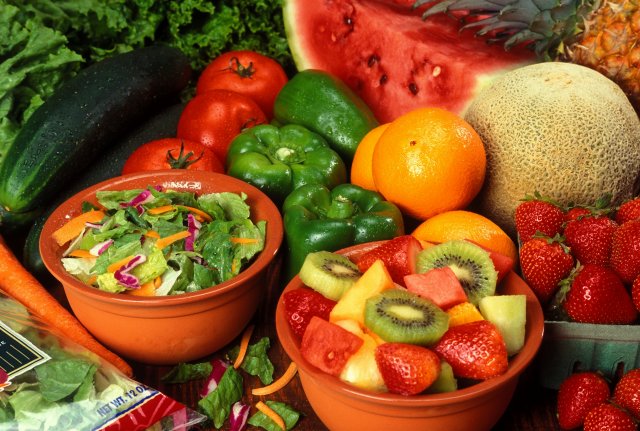Food waste is a growing concern, but with thoughtful planning and simple changes, we can all make a difference. Reducing food waste is essential for a sustainable lifestyle, benefiting the environment, saving money, and supporting your community. Food waste worldwide is an alarming issue. That is why on the last Wednesday in April, Stop Food Waste Day raises awareness of the growing concern of food waste.
Here’s how to reduce food waste, save money, and help the environment.
Plan and Shop Wisely
- Create a Meal Plan: Plan meals for the week and make a detailed shopping list with quantities.
- Use What You Have: Check your fridge and pantry before shopping to avoid duplicates.
- Avoid Overbuying: Purchase only what you can use, especially perishables, and skip bulk deals unless you’ll consume them in time.
Cut Down on Food Waste
Many of us discard food without a second thought. To change this:
- Eat smaller portions: Serve what you can finish, and go back for seconds if needed.
- Plan your meals: Organize your weekly menu to avoid over-purchasing.
- Shop smart: Only buy in bulk if you’re certain you’ll use it before it spoils.
- Compost food scraps: Turn unavoidable food waste into nutrient-rich compost.

Avoid Single-Serving Items
Individual servings of pudding, applesauce, juices, and other snacks generate unnecessary packaging waste. Instead:
- Buy larger containers of these items.
- Use mason jars or reusable containers to portion snacks for on-the-go use.
This switch significantly reduces packaging waste.
Ditch Disposable Tableware
Say no to paper towels, plates, and plastic utensils. Opt for:
- Reusable food containers.
- A handkerchief or cloth napkin.
- A reusable metal or wooden fork, which can be wrapped in a handkerchief after use.
Store Food Properly
- Maximize Freshness: Learn proper storage techniques for fruits and vegetables.
- Separate Produce: Keep bananas, apples, and tomatoes away from other produce to prevent faster ripening.
- Freeze Surplus: Preserve extra food like bread, fruits, and cooked meals for future use.
Eat What You Have
- Cook Leftovers: Transform extra food into soups, casseroles, stir-fries, or smoothies.
- Repurpose Scraps: Use vegetable peels for stock or stale bread for croutons.
- Plan Leftover Nights: Dedicate a day to finishing up meals from the week.
Compost Scraps
- Turn unavoidable waste like peels and cores into compost to enrich the soil, reducing landfill contributions.

Be Mindful When Eating Out
- Order only what you can finish, and take home leftovers for another meal.
- At buffets, start with small portions to avoid excess waste.
Benefits of Reducing Food Waste
- Save Money: Spend less by buying only what you need. Buy and waste less food.
- Lower Your Carbon Footprint: Reduce methane emissions from landfills.
- Conserve Resources: Minimize the energy and water used in food production and transportation.
- Support the Community: Donate untouched surplus food to those in need.
Planning Tips for Waste-Free Shopping
- Make a meal plan: Plan weekly meals before shopping.
- Create a detailed list: Include quantities needed to avoid overbuying.
- Check your kitchen: Use what you have before buying more.
- Buy only what you need: Avoid bulk purchases unless you’ll use them before they expire.
Storage Tips for Freshness
- Store fruits and vegetables properly to extend their shelf life.
- Keep produce like bananas, apples, and tomatoes separate to prevent faster ripening.
- Freeze, preserve, or can seasonal surplus.
- Wash berries only when ready to eat to avoid mold.
- If storing fruits in the fridge but prefer them at room temperature, take out just what you need each morning.
Prep Tips for Convenience
- Wash, chop, and store fresh produce immediately after shopping to make meal prep faster.
- Freeze items like bread, sliced fruit, or meat that won’t be consumed in time.
- Cook in bulk and freeze meals for easy use later.
Thriftiness Tips for Leftovers
- Cook creatively: Soups, stir-fries, casseroles, and smoothies are great for using produce that’s past its prime.
- Use edible scraps: Turn stale bread into croutons or veggie scraps into stock.
- Understand food labels: Learn the difference between “sell-by,” “use-by,” and “best-by” dates to avoid unnecessary waste.
- Plan leftover nights: Dedicate one evening each week to finishing leftovers.
- Be mindful at restaurants: Order only what you can finish, take leftovers home, and use them for your next meal.

Make it a Habit
By incorporating these steps into your routine, you’ll contribute to a greener lifestyle while enjoying fresher meals and saving money. Every small effort counts!
Reducing food waste doesn’t just help the planet—it also saves money, conserves resources, and supports your community. With these practical steps, you can make a big impact while enjoying delicious meals. Let’s make sustainable living a part of everyday life! By incorporating these steps into your routine, you’ll contribute to a greener lifestyle while enjoying fresher meals and saving money. Every small effort counts!
Stop Food Waste Day is an international day of action to raise awareness about food waste and inspire people to reduce it. The day is celebrated on the last Wednesday in April.


- Agni (Fire): Recipes & culinary creations, inspired by Agni’s energy and lifeforce.
- Vayu (Air): Festivals, culture, & traditions, everything around us like beliefs and mythology.
- Aakash (Sky): Travel tales under infinite skies, and my journey experiences.
- Jal (Water): Flowing thoughts & emotions, like water are my flow of thoughts.
- Prithvi (Earth): Eco-friendly living & sustainability, and harmony of our greener planet.



Leave a Reply